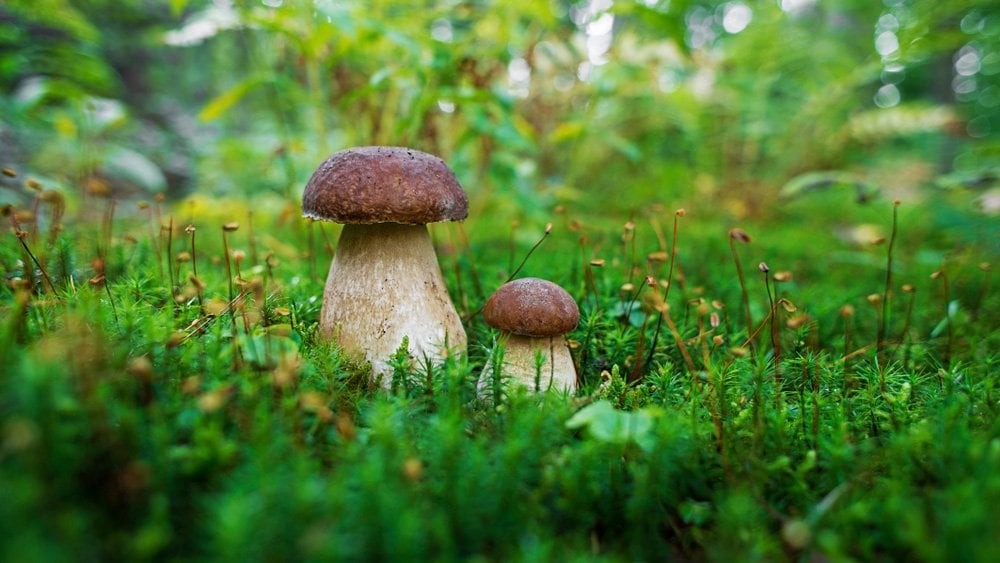
If you told me 20 years ago that my career would focus on science, I would have been horrified. Today, though, I couldn’t imagine my life unfolding any other way. That’s why I’m excited to celebrate the International Day of Women and Girls in Science.
Held on February 11th each year, the day came from a United Nations resolution, which itself followed years of research into how to address the ongoing gender disparity in scientific careers. Here in the U.S., women have made tremendous strides—in some areas of science women now earn half of all doctorate degrees. But later in their careers, women are still at a significant disadvantage to their male peers according to a host of metrics, such as their likelihood to earn federal grant funding, how long it takes to renew a grant, and more. But we still have it much better than in countries where girls don’t even have access to an education, let alone the possibility of a career in this field.
There are lots of theories about why girls and women avoid science, and no doubt the truth is a combination of multiple reasons. The perception that science isn’t cool for girls is still rampant in grade schools, and those who like it anyway might be uninspired to pursue it long-term when it seems like it will involve a lot of rote memorization of plant parts, chemical formulas, or bone names. By the time women are in college, those still inspired by science face the reality that the demanding post-graduate lifestyle required to run a lab in this field is not conducive to starting and raising a family.
The way I see it, one of the biggest reasons women don’t latch onto careers in this field is that we too often only focus on two possible archetypes: the mad scientist toiling alone in the lab, and the droning professor. There are myriad other career paths available to people interested in science, but they aren’t obvious opportunities unless you’re already in the field. Here are just a few: data analysis; technology engineering; product testing; making and enacting policies; sales and marketing; starting new businesses; venture capital investing or institutional banking; reviewing and awarding grants; intellectual property law; and human resources.
And, of course, there’s writing. There is steady demand for people who can understand scientific complexity and boil it down in an accurate and engaging way for a particular audience. I’m a journalist by training who stumbled into science by accident—I was wrapping up an internship after college and applying for virtually every job opening, when a little biotech publishing company made me an offer. Their magazine seemed like it was written in another language. But I grabbed the job, immersed myself in the science of genomics, and bit by bit realized that I had wound up on a fascinating career path. Science writing is one of the most accessible careers in the field, requiring a deep interest and strong communication skills rather than extensive post-graduate degrees. To be a good writer you don’t have to know the answers already, but rather be willing to ask the right questions.
This Saturday, join me in encouraging girls and women to consider a career in science. I can attest that the field provides intellectual challenge, fast-paced work, continual surprises, and the camaraderie of a terrific group of people.
Ladies, Consider a Career in Science
American women have made tremendous strides in science—in some areas they earn half of all doctorate degrees. But women remain at a significant disadvantage to men on a host of metrics, such as likelihood to win federal funding. The perception that science isn’t cool for girls remains rampant in grade schools. But we too often focus only on certain archetypes, when in fact myriad career paths are available. So let's celebrate International Day of Women and Girls in Science, Saturday February 11.


















